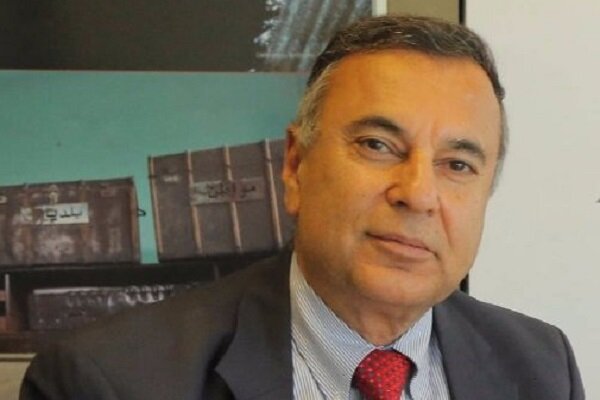Ex-Lebanese diplomat doubts MBS will be allowed to enter U.S.
“It does not seem that the Palestinian cause is a priority for most of the Arab states,” says Massoud Maalouf

TEHRAN – A former Lebanese Ambassador to Chile, Poland and Canada predicts that the Saudi crown prince Mohammed bin Salman (MBS) will not be invited to the U.S. even if he becomes king.
"Maybe the relations between the two countries will continue to be good but without direct contacts between Biden and MBS," Massoud Maalouf tells the Tehran Times.
Despite Saudi Arabia-U.S. longtime alliance and common interests, Biden will balance the interests of the U.S. with its values and priorities, especially when it comes to human rights, the former diplomat remarks.
The Office of the Director of National Intelligence in the U.S. released a long-awaited report on February 26 that said MBS approved an operation to capture or kill journalist Jamal Khashoggi in 2018 in the Saudi Consulate in Istanbul.
Following the release of the report, the Biden administration announced sanctions and visa bans targeting a number of Saudi Arabian officials but stopped short of imposing sanctions on bin Salman himself.
Following is the text of the interview:
Q: How do you see the record of the successive U.S. administrations when it comes to resolving the Palestinian issue?
A: The U.S. policy towards the Middle East (West Asia) has always been supportive of Israel at the expense of the Palestinians. Before Trump became president, and since the presidency of George W. Bush and his road map, there has been hopes for a two-state solution. Unfortunately, with Trump's presidency, the U.S. gave everything to Israel and took all the negotiating cards from the hands of the Palestinians. With the Biden administration, the two-state solution is back on the table. Mr. Hady Amr, who Biden has appointed as the Deputy Assistant Secretary of State for Israeli and Palestinian Affairs, has started contacts with the two sides to restart negotiations. However, this issue is not a priority for the Biden administration and I do not expect serious developments on this front.
Q: How do you describe Trump's performance and policies in West Asia? Do you think that Abraham Accords and “Deal of The Century” served Palestinian interests?
A: Trump has done everything possible to please Netanyahu. He caused lots of damage to the Palestinian cause. The Deal of the Century is what I would call the Netanyahu Deal. The Abraham Accords have not been good for the Palestinians. The Palestinian interests should have been taken into consideration before Arab countries normalized with Israel. Now there is little leverage for the Palestinian negotiations.
Q: How do you see Arab states' role in supporting the Palestinian cause? Is there any consistent stance towards Palestine?
A: It does not seem that the Palestinian cause is a priority for most of the Arab states. I should add that the divisions among the Palestinians do not encourage Arab states to be more helpful to the Palestinians. Also, the divisions and the troubles within a number of Arab states prevent them from helping solve the Palestinian problems while they are unable to solve their own internal ones.
Q: How do you measure the Biden administration's attitude towards Saudi Arabia? Is Biden going to penalize Saudi princes because of their close collaboration with Trump?
A: I think that Biden will try to balance the interests of the U.S. with his human rights agenda and priorities. He has said clearly that he wants to see an end to the Yemen war and his administration is reviewing weapons sales to Saudi Arabia. I doubt that MBS will be invited to the U.S. even if he becomes king.
Saudi Arabia and the U.S. are longtime allies and they have common interests. Maybe the relations between the two countries will continue to be good but without direct contact between Biden and MBS. Some other members of the administration might be allowed to keep in touch with the Saudi crown prince.
Q: While the European troika and the U.S. are focusing on Iran's nuclear deal, nobody pays attention to the Israeli nuclear arsenal. What is your opinion?
A: The Israeli nuclear arsenal has always been subject to question by many states. This issue has been discussed in the UN and many other instances, but we all know the support Israel gets from the U.S. and European countries, and we also know that even Russia is not pushing hard on this issue.
Leave a Comment